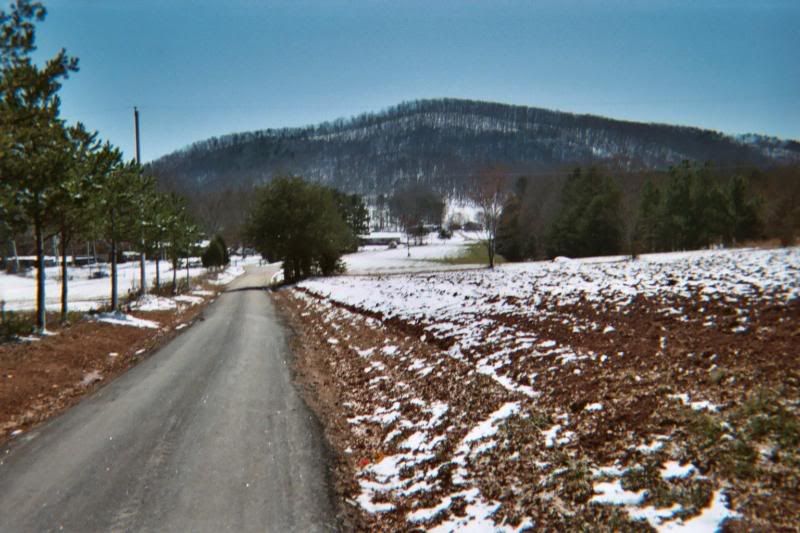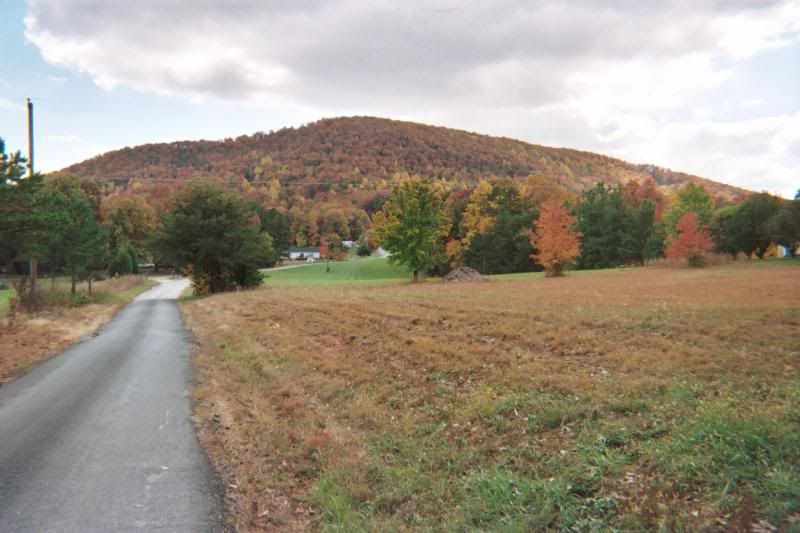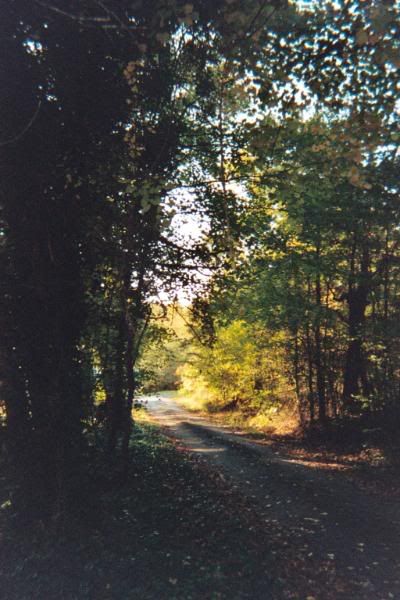Tuesday Afternoon
Tuesday Afternoon's Journalpersonally, I think that for ever one they ban we get to choose one to ban over here.
tit. tat. and all that shat.
yeah, like the one the patient heard at work today. The A bomb will be dropped and we will all die.
I liked that one a lot. hella idea there.
remember a game played with two long bamboo poles with a person on each end
clapping them down to the ground twice and then together once and a person would jump in while the poles were clapping the ground and out when the poles were clapped together otherwise your foot would get clapped by the poles and you were out and the next person jumped in ...
did it originate in Jamaica or Africa, maybe
yeah, that game.
remember it?
what is it called?
thanks.
Socrates
Socrates (pron.: /ˈsɒkrətiːz/; Greek: ????ά???, Ancient Greek pronunciation: [sɔːkrátɛːs], Sōkrátēs; c. 469 BC – 399 BC)[1] was a classical Greek Athenian philosopher. Credited as one of the founders of Western philosophy, he is an enigmatic figure known chiefly through the accounts of later classical writers, especially the writings of his students Plato and Xenophon, and the plays of his contemporary Aristophanes. Many would claim that Plato's dialogues are the most comprehensive accounts of Socrates to survive from antiquity.[2]
Through his portrayal in Plato's dialogues, Socrates has become renowned for his contribution to the field of ethics, and it is this Platonic Socrates who also lends his name to the concepts of Socratic irony and the Socratic method, or elenchus. The latter remains a commonly used tool in a wide range of discussions, and is a type of pedagogy in which a series of questions are asked not only to draw individual answers, but also to encourage fundamental insight into the issue at hand. It is Plato's Socrates that also made important and lasting contributions to the fields of epistemology and logic, and the influence of his ideas and approach remains strong in providing a foundation for much western philosophy that followed.
The Socratic problem:
An accurate picture of the historical Socrates and his philosophical viewpoints is problematic: an issue known as the Socratic problem.
As Socrates did not write philosophical texts, the knowledge of the man, his life, and his philosophy is entirely based on writings by his students and contemporaries. Foremost among them is Plato; however, works by Xenophon, Aristotle, and Aristophanes also provide important insights.[3] The difficulty of finding the “real” Socrates arises because these works are often philosophical or dramatic texts rather than straightforward histories. Aside from Thucydides (who makes no mention of Socrates or philosophers in general) and Xenophon, there are in fact no straightforward histories contemporary with Socrates that dealt with his own time and place. A corollary of this is that sources that do mention Socrates do not necessarily claim to be historically accurate, and are often partisan (those who prosecuted and convicted Socrates have left no testament). Historians therefore face the challenge of reconciling the various texts that come from these men to create an accurate and consistent account of Socrates' life and work. The result of such an effort is not necessarily realistic, merely consistent.
more at link:
http://en.wikipedia.org/wiki/Socrates
Jean-Jacques Rousseau
Jean-Jacques Rousseau (French: [ʒɑ̃ʒak ʁuso]; 28 June 1712 – 2 July 1778) was a Genevan philosopher, writer, and composer of 18th-century Romanticism of French expression. His political philosophy influenced the French Revolution as well as the overall development of modern political, sociological, and educational thought.
Rousseau's novel Émile: or, On Education is a treatise on the education of the whole person for citizenship. His sentimental novel Julie, or the New Heloise was of importance to the development of pre-romanticism[1] and romanticism in fiction.[2] Rousseau's autobiographical writings—his Confessions, which initiated the modern autobiography, and his Reveries of a Solitary Walker—exemplified the late 18th-century movement known as the Age of Sensibility, and featured an increased focus on subjectivity and introspection that later characterized modern writing. His Discourse on the Origin of Inequality and his On the Social Contract are cornerstones in modern political and social thought.
Rousseau was a successful composer of music, who wrote seven operas as well as music in other forms, and made contributions to music as a theorist. During the period of the French Revolution, Rousseau was the most popular of the philosophes among members of the Jacobin Club. Rousseau, a Freemason,[3] was interred as a national hero in the Panthéon in Paris, in 1794, 16 years after his death.
more at link:
http://en.wikipedia.org/wiki/Jean-Jacques_Rousseau
Cleaning out Photobucket ... Random Shots
the road leading to my house ... winter

same road in the fall

Family Home Place

my driveway leading down to my house

back of the property on the hill in fall

Profile Information
Gender: Do not displayMember since: Wed Sep 26, 2007, 11:23 PM
Number of posts: 56,912
